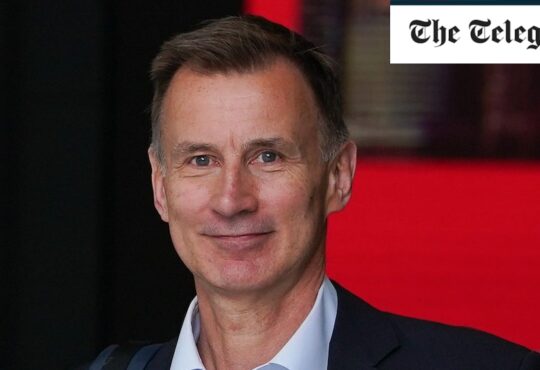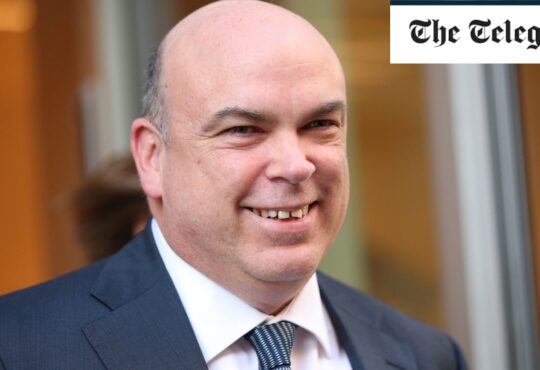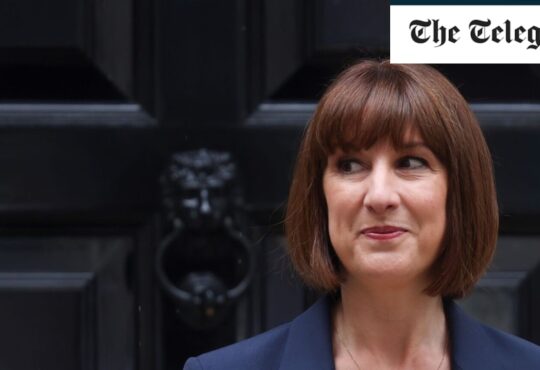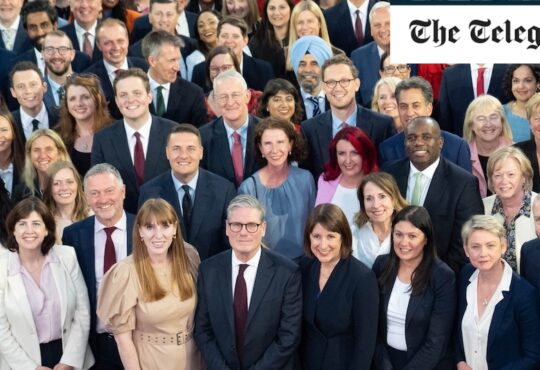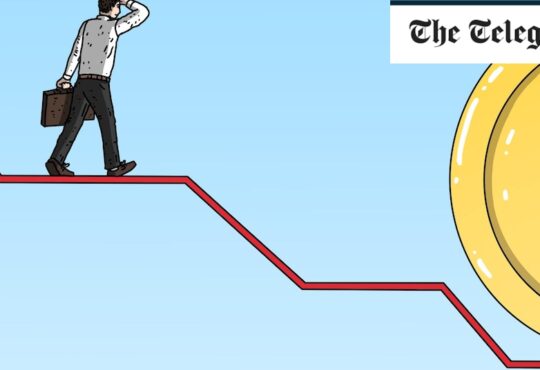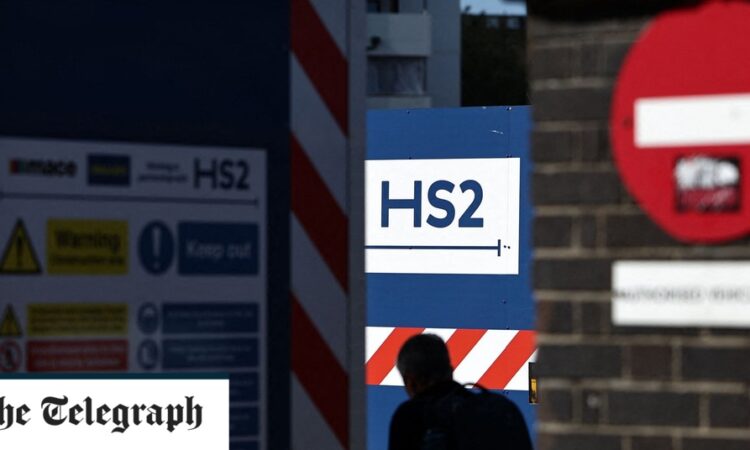
The EU market
SIR – Is Daniel Hannan right that it is now too late for Britain to pursue EU market-only membership (Comment, September 24)?
He refers to Lord David Owen – one of the most experienced statesmen we possess, and uniquely knowledgeable about the EU. Sadly Lord Owen was consistently ignored by the naive arrivistes who occupied government after his time.
Not only had he mapped out a perfectly balanced and achievable strategy towards the EU in his previous work, but he also, in December 2018, on the eve of the final vote on the Withdrawal Agreement, wrote an open letter of guidance to Theresa May and all MPs. In it he laid out in detail how to deal with the situation should the third vote fail, which it did.
He offered a simple and achievable plan to remain a trading partner within the European Economic Area while removing the constitutional encumbrances of the EU federalist legislative and cultural agendas. How one wishes that MPs had acted on his suggestions. We would have been spared the fractious and destructive atmosphere that now prevails.
I stood as a Brexit Party candidate in the 2019 general election and endorse Lord Hannan’s opinion that Mrs May and many within the political and media classes misread what a large proportion of Brexit voters wanted: to free ourselves from the rule of an undemocratic foreign legislature, one inimical to the customs and interests of the British people.
The common market, complete with its standardised regulations, could have been tolerated for its economic benefits but would be sacrificed, if need be, in favour of regaining the sovereignty of our Parliament and courts. That is what transpired. Had those in power listened to Lord Owen at any time in the 20 years running up to the referendum, perhaps we would be in a better place now.
I think current politicians still misread the voters. If they had the courage to put bold proposals to the electorate now, perhaps we could still reach something like a Canada +++ situation and win the approval of the people. But do we have those bold and courageous leaders?
Robert Ross
Warminster, Wiltshire
SIR – Mark Peaker (Letters, September 24) puts most of our economic woes down to Brexit.
I am not an economist but, if he is correct, what explains the similar problems that Germany, France and Italy are experiencing? I wonder if their populations blame the EU.
Dr David Walters
Burton Bradstock, Dorset
SIR – Matthew Lynn (Business comment, September 24) suggests that, against a backdrop of intense international competition and lower capital markets activity, there is a level of complacency at the London Stock Exchange. He writes that we are not “urgently looking at ways of making the market more dynamic, of opening it up to more new businesses, and at drawing in fresh investment”. In the starkest possible terms, he could not be more wrong.
The London Stock Exchange is working intensely every day to advance and enhance the UK capital markets. We are in constant dialogue with government and regulators to make the UK market more competitive and are vocal advocates for reform.
LSE is at the heart of an ecosystem – a living, breathing system of companies, investors, research analysts, rules, norms and behaviours that all contribute to the UK economy and determine the UK’s place as a global financial centre. And because of this, we have not just asked ourselves: how can we make LSE a more attractive place to list? We have asked a bigger question: how can we ensure that the whole UK capital markets ecosystem works as well as it can, so we have the best possible environment for companies to start, to scale, to thrive and to stay?
The work we are doing in pursuit of this aim is urgent, it is broad and it is far-reaching. It is work we do both as the London Stock Exchange and as a founding member of the Capital Markets Industry Taskforce to affect the kind of change that Mr Lynn rightly wants to see.
Julia Hoggett
Chief executive officer
London Stock Exchange

